Last month in our blog Dr. Hamilton and the team discussed all of the considerations surrounding oral care while going through pregnancy. This month we are focusing on newborn dental care and some of the do’s and don’ts with your little one.
The newborn phase brings many things to consider and focus on. It can be easy to forget about oral care for your newborn. Even though your little one likely doesn’t have teeth yet there are many things to consider. What should you be doing for your newborn to help protect their mouths?
Lets jump right in!
0-6 Months
Practicing strong oral health care begins right when your baby is born. Practicing health oral care techniques will reduce the likelihood of tooth decay and cavities within your newborn and help your baby get used to caring for their teeth and mouth area.
Always clean your babies gums post feeding
Step 1 = hold your baby in one arm
Step 2 = Get a wet washcloth (using warm water) and wrap it around your index finger
Step 3 = Gently massage the gums tissues
Pro tip = if you notice any redness around the gums of your newborn this could be a sign of teething. Use cold water on the washcloth to reduce swelling!
Teething normally starts around the 4 month age. During this period of time your little one will start to produce more saliva and in some cases you will notice swelling and redness around their gums. You may even notice some rosy red cheeks, and a slight elevation in temperature.
Babies are NOT born with the bacteria in their mouths that causes tooth decay. Dental decay is an infectious transmissible disease. Bacteria is transferred from one individual to another. However, adult mouths operate very differently from infant mouths. This is largely due to the built up immunity and protection we’ve established over many years. Given that babies don’t have this same level of immunity you should try and reduce the risk of transmitting bacteria from you to your baby. This includes things like not testing the temperature of your baby’s bottle with your mouth, not sharing utensils (e.g. spoons), or cleaning a pacifier or a bottle nipple with water or pacifier wipes, not with your mouth.
6-12 Months
In most cases your baby will get his/her first tooth around the 6-8month mark. It is important to care for his/her teeth right from the start.
Continue to clean your infant's gums after feeding. Once a tooth comes in, start to use a child's soft bristled toothbrush. At this stage you won’t be using any toothpaste. Make sure to be gentle when brushing! You should be brushing twice a day.
Your child will experience a lot of discomfort while teething. Orajel or other numbing creams are not recommended. Rather, to help relieve the symptoms of teething, give your infant a clean teething ring or cold wet washcloth. Cold temperatures are soothing, so you may want to chill the teething ring.
As your child begins to eat more solid foods and drink water and other liquids encourage them to drink from an open cup. Get really comfortable checking the inside of your child's mouth! Lift your child's lips to check for suspicious small white or brown spots on his/her teeth. If you see these white or brown spots, which may indicate dental decay (cavities), schedule an appointment with your dentist right away.
Pro tip = Make sure to schedule your child’s first dentist appointment! Your child should have a dental exam before their first birthday (or within 6 months after the first tooth comes in).
12-18 Months
Once you have had your first dental exam and appointment at the dentist, you will have a good idea of how your newborn is doing. Make sure to follow the guidelines set forth by your dentist!
Continue to brush your child’s teeth twice a day using a soft brush. As a reminder, be gentle and only use plain water! If you are noticing any continued redness - remember the cold washcloth or teething ring.
Your Child’s First Dental Appointment
At your child’s first dental appointment one of the main focuses is helping them become familiar and comfortable with the dental clinic and staff. The team at Blairmore Dental Centre will spend time with you and your child, showing them the important parts of their mouth and teeth, and how to properly take care of them. We will discuss growth and development, and what to expect as they get older! The appointment will end with a specific hygiene routine for your child, and you will be sent home with some dental goodies to help out at home.
This is a really exciting phase of parenthood as your child begins to learn about oral care and starts to form their own teeth. We hope you learned something in our blog this month! If you have more questions for Dr. Hamilton please give us a call on 306-931-0000. Dr. Hamilton is accepting new patients!
PS = tune in next month for oral care in young children and preparing for back-to-school!


